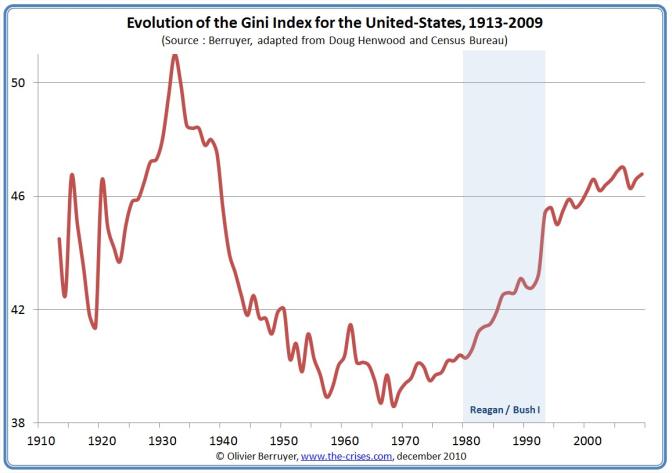SigmatheZeta
Senior Member
- Joined
- Nov 5, 2021
- Messages
- 615
- Gender
- she/her
- Basic Beliefs
- Generally, I am rooted in both ancient Epicurean and ancient Pyrrhonist sentiments, although I am somewhat sympathetic toward the intentions behind ancient Cynicism.
*wing-shrugs*What I said.Okay, let's just neglect to win them over as allies, so Bezos can fulfill his lifelong dream of becoming emperor-god of Luna.I'm on the side of that, myself, but if you want that to happen, you'll have to get at least some of the country's billionaires on-board as allies.What I said.Why? If he finds a need (helium 3 for example) that solves a problem that people want to pay for (cheap clean power), what's the harm? It will be one of the happiest days of my life when I can pay a company that allows me to power my home without fossil fuels. And I'd gladly pay a profit for it.SigmatheZeta said:Regardless of my reservations about the University of Würzburg study, though, I believe that it is adequate to justify us in taking a needs-based approach to addressing economic injustice. Rather than concentrating on economic injustice between the "1%" and the middle-class, we should actually be profoundly alarmed about local economies that have failed to realize their indigenous potential.
I don't see anything suggesting that "a needs-based approach" shouldn't start by "concentrating on economic injustice between the 1% and the middle-class," since it is that which is slowing growth.
Then I'd suggest that you should care, given what you've said. If it's profitable to build a factory there, then there is something there that humanity needs or will need. Something that he didn't put there in the first place, which we should not allow him or his descendents to charge rent via ownership upon everyone elses' descendants.I honestly do not care a rodent's rectum either way if Jeff Bezos wants to build a moon factory.
Does he, or his descendants, then own the natural resource and have the right to charge all of humanity rent upon it for all eternity or until it's exhausted? Simply because he got there first?
States could get there sooner on behalf of humanity, and already went further 50 years ago.
Why?
Oh, anything left of trickledown. "New Keynesianism" is trickledown, which means it isn't really Keynesian - "Bastard Keynesianism" as Joan Robinson called it.I neglected to ask you something. Just so that we are clear on our identities, what school of economic thought do you view the most favorably?
I have a favorable view toward New Keynesianism, currently, but I am not inflexibly attached to it. I do not have adequate knowledge of economics to have hard and fast attachment to any given philosophy, and my loyalty is impermanent and temperamental.
Your turn.
I don't really think of myself in terms of whether I am left or right. My current notions are either accurate or inaccurate, and my priority is upholding the dignity of human life by the most efficient possible means. I am indifferent to inequality, per se, except insofar as it might be politically harmful in certain situations or beyond a certain threshold.
I am open to the possibility that the current extremes of inequality, in the present-day United States, might be damaging our democratic institutions and eroding our political stability, but that is not because I disagree with inequality, in principle: it is because I suspect that, beyond a certain threshold, inequality might contribute to fueling sociopolitical problems that could otherwise be avoided. If it could be demonstrated, to my satisfaction, that inequality were not causing such problems, then I would not be bothered by it, but that has not been demonstrated, to my satisfaction.
If there is any research that clearly proves that inequality could cause attrition in democracies, then I am not aware of it, but it just occurred to me in this moment that I might explore that for a while. I will get back to you on it, but in the meantime, feel free to fill me in on what you currently have at your disposal.
I am predisposed to being skeptical of the idea that an infinite expansion of inequality is either desirable or sustainable. There is a long history of supposed "god-king" dynasties being burned to ashes. If there is a possibility of such a threshold where this course of development would become inevitable, then it would behoove us to take that threshold into account.
We can produce evidence for that hypothesis, or we can fail to produce evidence for that hypothesis.

